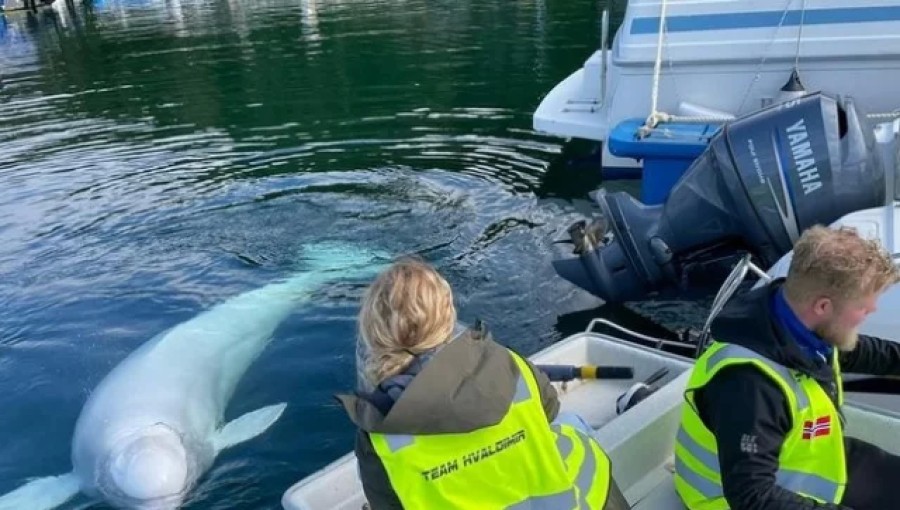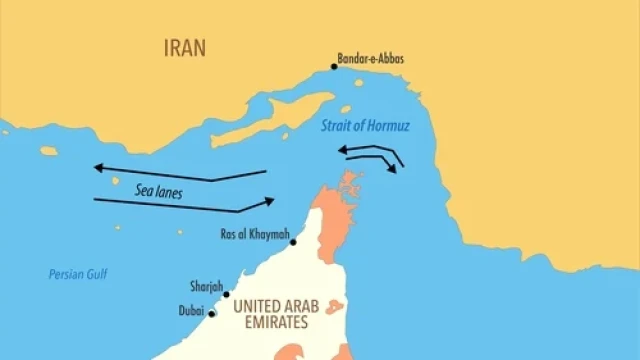Risavika, September 02 — A beluga whale, long suspected of being trained by Russia for espionage purposes, has been found dead near the southwestern Norwegian town of Risavika. The whale, named Voldimir by locals, was discovered floating by two fishermen on Saturday, according to a report by the BBC.
The whale gained notoriety in 2019 when it was first spotted off the coast of northern Norway with a harness attached to its neck. This harness bore the words "St. Petersburg's device," sparking speculation that Voldimir was part of a Russian spying operation. Although Russia has never officially acknowledged the use of marine mammals for espionage, such accusations have persisted for years.
Following its discovery, Voldimir's body was retrieved and taken for examination. Sebastian Strand, founder of the non-profit organization Marine Mind, stated that there were no visible injuries on the whale's body. The cause of death remains unknown, but further tests will be conducted to determine what led to Voldimir's demise. The whale's body is currently being preserved in a temperature-controlled environment for these tests.
Voldimir, who is also referred to as Haval in Norwegian, first captured public attention in April 2019 when he was seen near the island of Ingøya, around 415 kilometers from a Russian naval base. The sighting caused a stir, not least because beluga whales are not typically found in those waters, which are close to Northern Ireland. The whale's friendly behaviour with humans and the harness it wore led Norwegian intelligence to believe it had been trained by the Russian military.
Norwegian authorities noted that Voldimir, estimated to be around 15 years old, was relatively young for a beluga whale, which usually has a lifespan of around 60 years. His untimely death has added to the mystery surrounding his life and alleged role as a spy.
Marine Mind, which has been monitoring Voldimir since his first appearance, commented on social media that the whale's death marks the loss of a unique symbol of the complex relationship between humans and nature. Voldimir, unlike many belugas, was known for his distinct behaviour, often interacting closely with boats and people.
The case of Voldimir has intrigued and baffled both the public and intelligence communities. His initial discovery led to widespread media coverage and a formal investigation by Norwegian intelligence agencies, which concluded that the whale's behaviour indicated military training.
While the mystery of whether Voldimir was indeed a Russian spy remains unsolved, his death raises new questions about the welfare and treatment of marine animals used for military or intelligence purposes.
As authorities await the results of the necropsy, Voldimir's story continues to captivate the world, serving as a poignant reminder of the unexpected intersections between wildlife and human geopolitical tensions.































Comment: